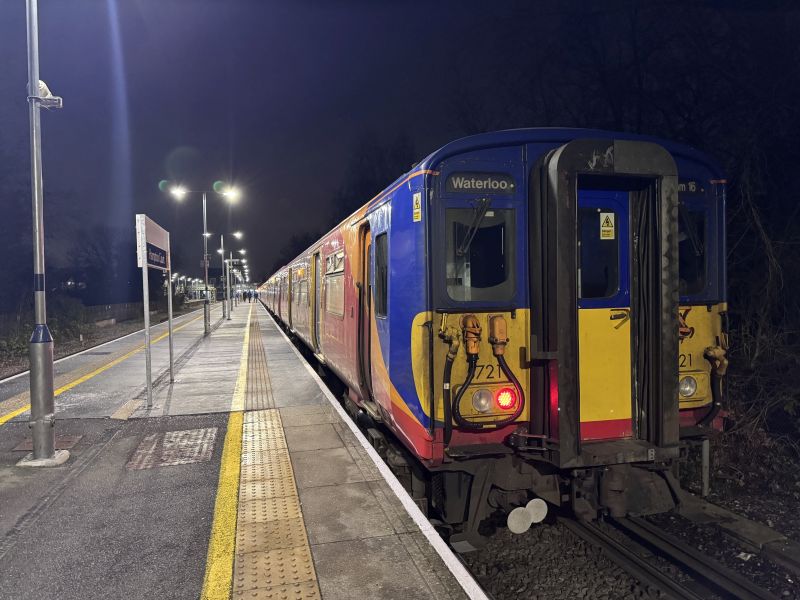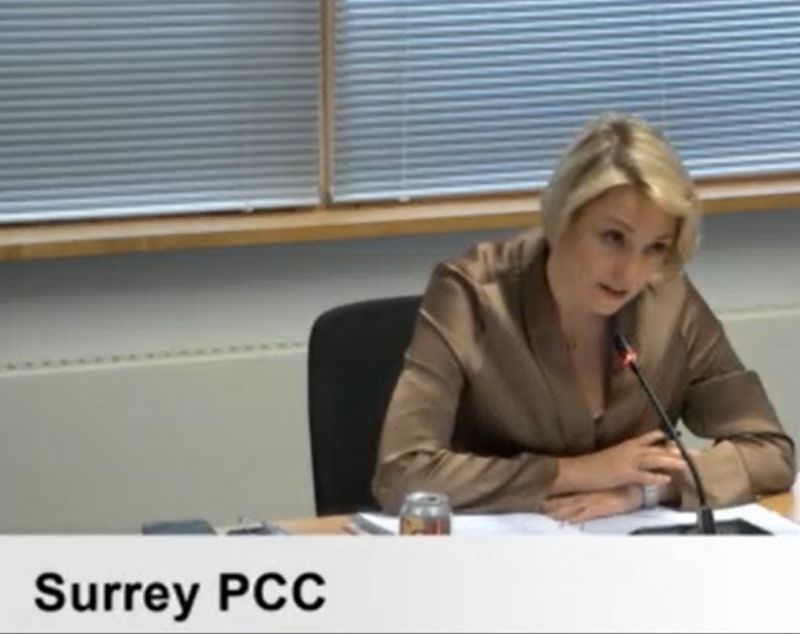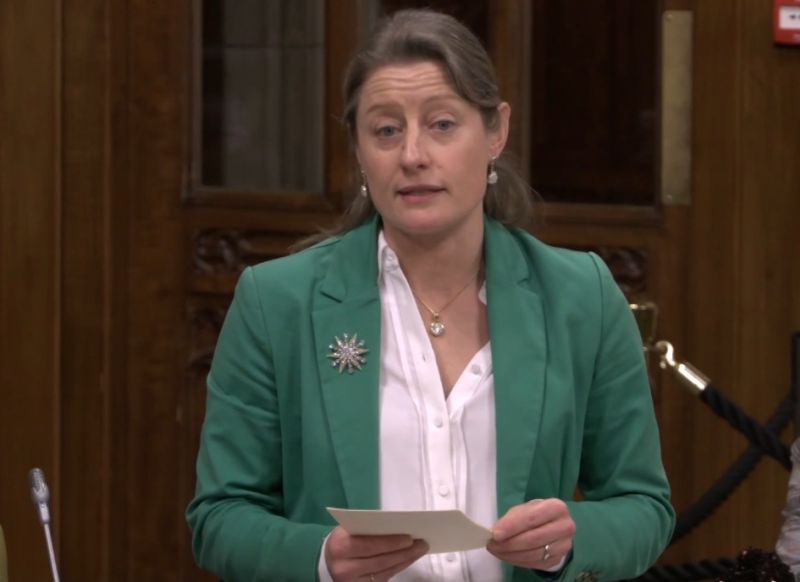Paving the way to better regulation?
The Epsom and Ewell Borough Council has voted to dispense its current pavement licence policy, rather than it being updated to copy the .GOV guidance. This change comes as part of a broader review conducted during an Environment Committee Meeting held on July 16th. Instead, Officers of the council will continue to determine applications under delegated authority, with the Council’s website linking to the .GOV guidance.
[This post corrects an earlier post that incorrectly inferred that applications would no longer be processed by EEBC.]
The original pavement licence policy, introduced under the Government’s Business and Planning Act of 2020, was a temporary measure designed to assist the hospitality sector amid the economic turmoil caused by the Covid-19 pandemic. It allowed cafes and similar businesses to place removable tables and chairs on adjacent council-owned highways for a capped fee of £100, a significant reduction compared to the more cumbersome procedures under the 1980’s Highways Act.
As part of the 2024 Levelling Up agenda, this temporary policy was transformed into a permanent measure. However, the cost cap was raised, allowing councils to charge up to £500 for new licences and £350 for renewals. This shift aimed to provide local authorities with greater financial flexibility.
The decision has sparked a range of reactions. Some view the licence fee as an additional financial burden on small, independent cafes striving to thrive in a challenging economic environment. However, proponents argue that the policy plays a crucial role in ensuring pedestrian safety and accessibility, preventing removable furniture from obstructing pathways and ensuring compliance with accessibility standards.
During the committee meeting, concerns over the cost of the licence fees were voiced. Councillor Robert Leach criticised the high fees, particularly the notion of paying £555 to process a form and issue a licence, suggesting it seemed “ridiculous” and speculating that the figure was derived using a “different unit of currency.” However, it was clarified that the actual cost of processing a new application exceeded the fees charged, necessitating the higher rate to break even, though this remains capped by the government.
However, doubts were also raised regarding the renewal fee of £350, with some committee members questioning the justification for this amount, given that most of the necessary work is completed during the initial application process
Image: Cafe tables outside Zig Zag Epsom High Street – Google




















